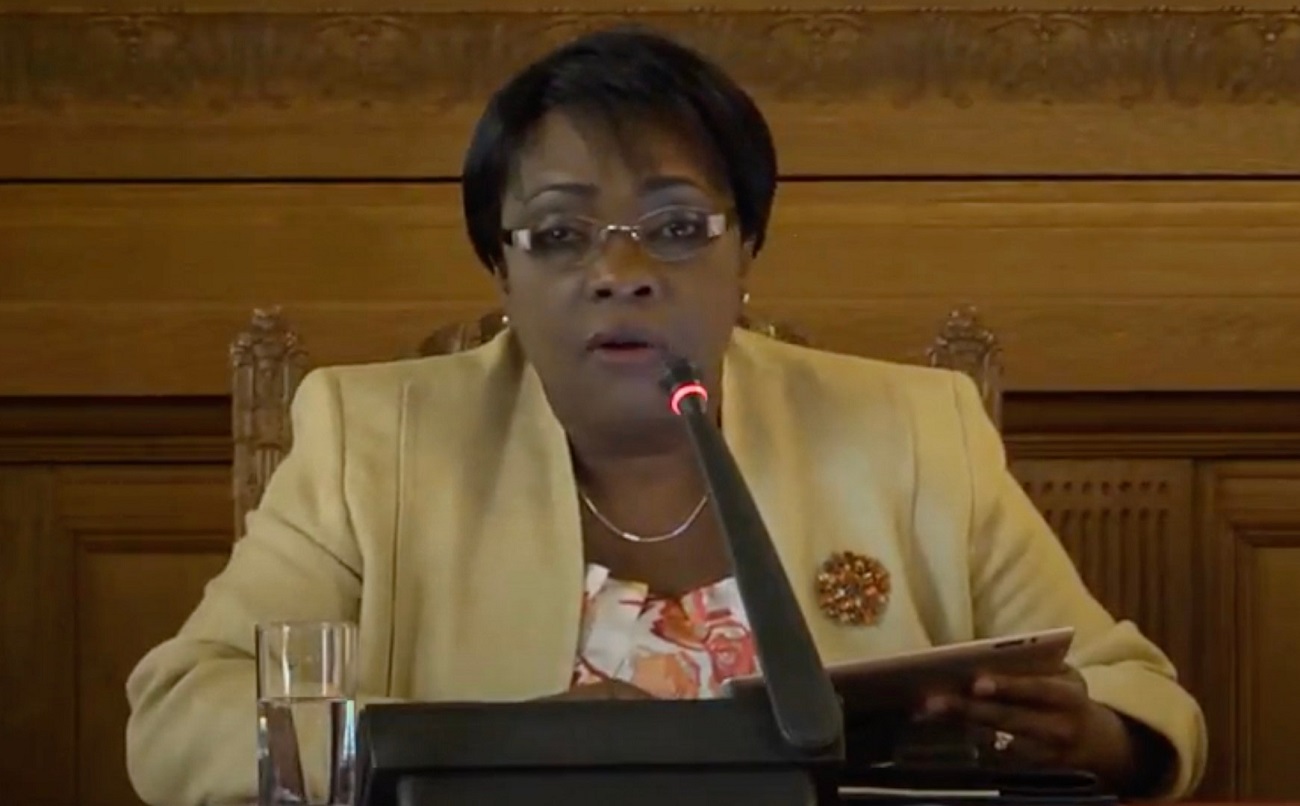Watan-The Vice President of the “International Court of Justice” (ICJ), Julia Sebutinde, is facing allegations of plagiarism regarding her dissenting opinion on July 19, 2024, concerning the legal implications of Israel’s practices in the occupied Palestinian territories.
In a post on the X platform, researcher Zachary Foster, who holds a Ph.D. in the history of Near Eastern studies from Princeton University, claimed that Sebutinde directly copied sections of an article by Douglas J. Feith, published by the Hudson Institute in 2021, without citing the source.
Foster alleged that Sebutinde, the Ugandan judge whose home country disavowed her stance, reproduced several sentences from Feith’s article with minor changes, particularly in sections addressing the historical usage of the term “Palestine.”
He also noted that Feith’s article was not referenced as a source in Sebutinde’s dissent, calling for her dismissal from her position at the ICJ due to this plagiarism.
A Precedent in the History of the ICJ
Sergey Vasiliev, a professor of international criminal law at the Open University of the Netherlands, described the incident as “unprecedented in the history of the International Court of Justice.”
He added, “If such plagiarism had been discovered in a student’s thesis, the exam results would have been annulled, and the student would have been barred from retaking the exams.”
Sebutinde currently holds a critical position at the ICJ, following the resignation of its president, Nawaf Salam, who was tasked with forming a new government in Lebanon.
Sebutinde’s Stance on the Genocide Case
In a genocide case brought by South Africa against Israel, Judge Sebutinde voted on January 26, 2024, against all six points of the provisional measures decisions.
Notably, Israeli judge Aharon Barak voted in favor of South Africa on two points in the case, while Sebutinde opposed all the points.
She also rejected all three points in the additional provisional measures decisions issued by the court on May 24, 2024.
Uganda distanced itself from Judge Julia Sebutinde’s position, stating that her opposition to all provisional measures requested by South Africa in the ICJ to “prevent genocide” in Gaza does not represent the country.
On January 26, 2024, the ICJ issued provisional measures ordering Israel to “take measures to prevent acts of genocide against Palestinians and improve the humanitarian situation in Gaza,” which has been under Israeli blockade for more than 17 years. However, Israel has not complied with the court’s orders.
These measures were issued by the ICJ, the highest judicial body of the United Nations, in response to a request from South Africa as part of a broader case filed by Pretoria in late December 2023. The case accuses Israel of “committing acts of genocide” in Gaza. Later, other countries, including Turkey, Nicaragua, and Colombia, submitted requests to join the case.
-
-
-
-
-
-
